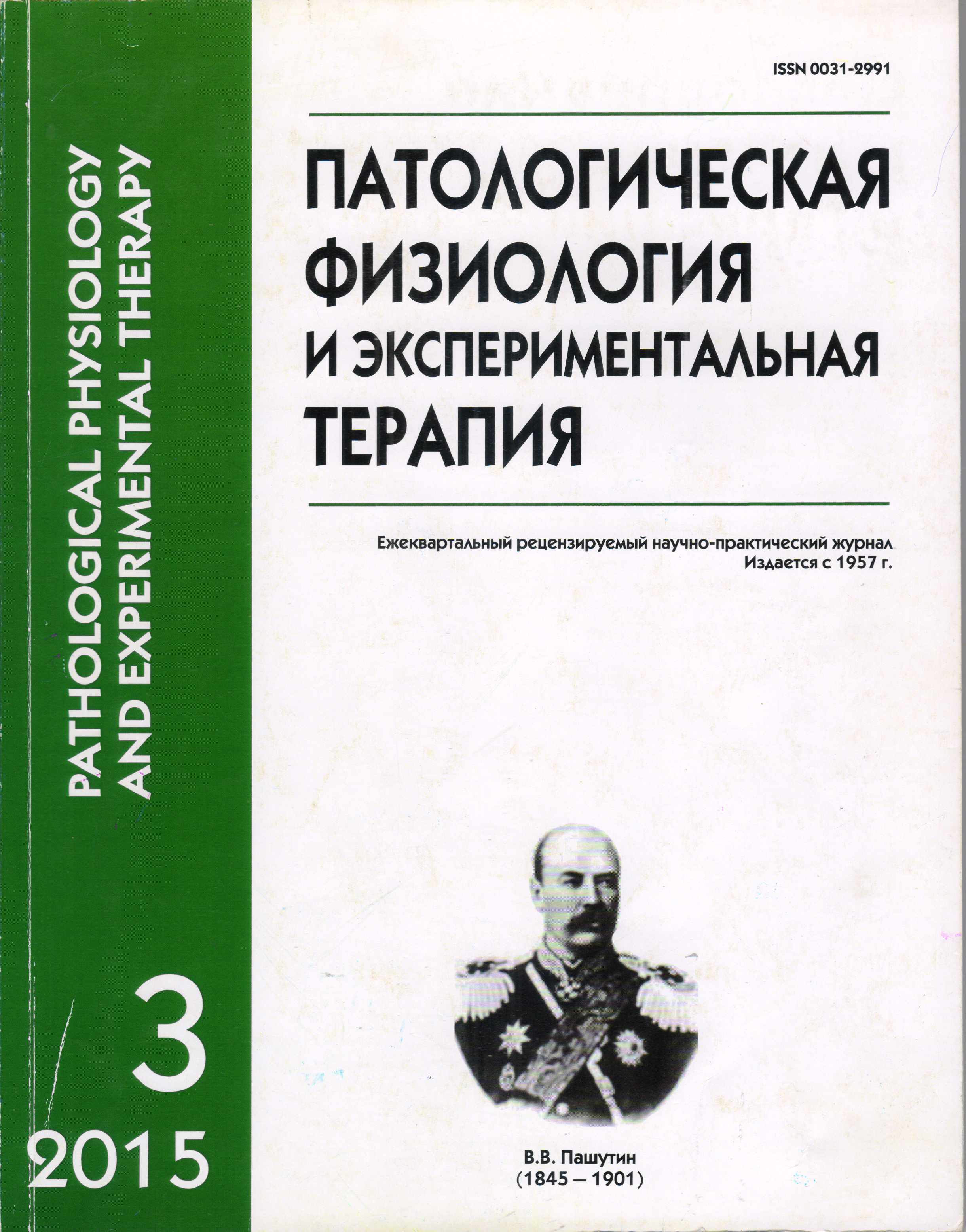Effects of lithium carbonate nanosized particles on nitric oxide production and arginase activity in tumor and peritoneal macrophages in hepatocellular carcinoma 29
Keywords:
hepatoсarcinoma, nanosized particles, lithium carbonate, macrophages, nitric oxide, arginase
Abstract
Three groups of male CBA mice were used. Group 1 consisted of intact mice. Hepatocarcinoma cells 29 (HCC- 29) were transplanted into the right thigh muscle of animals group 2. Group 3 mice were injected 0.1 ml of lithium carbonate nanosized particles (NPs Li2CO3) at a dose of 0,058 mg on periphery of tumor growth one fold (3 day) and 5 -fold (7 and 13 days). On day 7, numerical density of macrophages was raised in 5.8 times, the NO levels were increased by 1.9 times, and arginase activity was decreased in HCC tissue as compared with those values in normal liver. Tumor growth led to an increase in NO production by peritoneal macrophages (pMf) in 2.8 and 2.2-fold on day 7 and 13 days, respectively, and hadn’t effect on arginase activity. A single injection of NPs Li2CO3 after inoculation tumor cells (3 days) didn’t alter the NO levels rise in the tumor but five injections (7 days) increased it in 1.7 times as compared with values of mice group 2. The treatment of NPs Li2CO3 influenced the increasing the number density of macrophages in the tumor. Numerical density of macrophages in the tumor of mice group 3 was increased 9.6 and 1.6 times as compared with similar values in groups 1 and 2, respectively on 7 day after 5 injections of NPs Li2CO3. Treatment of NPs Li2CO3 after tumor cell transplantation didn’t affect on the rise of NO levels and arginase activity in pMf. Thus, the effects of NPs Li2CO3, administered after HCC-29 cells transplantation, aimed at increasing activity of the NO-synthase way in HCC tumors and pMf, which can reduce the arginine levels required for tumor growth.Downloads
Download data is not yet available.
Published
11-11-2015
How to Cite
Konenkov V. I., Borodin Y. I., Makarova O. P., Bgatova N. P., Rachkovskaya L. N. Effects of lithium carbonate nanosized particles on nitric oxide production and arginase activity in tumor and peritoneal macrophages in hepatocellular carcinoma 29 // Patologicheskaya Fiziologiya i Eksperimental’naya Terapiya (Pathological physiology and experimental therapy). 2015. VOL. 59. № 3. PP. 69–75.
Issue
Section
Original research






